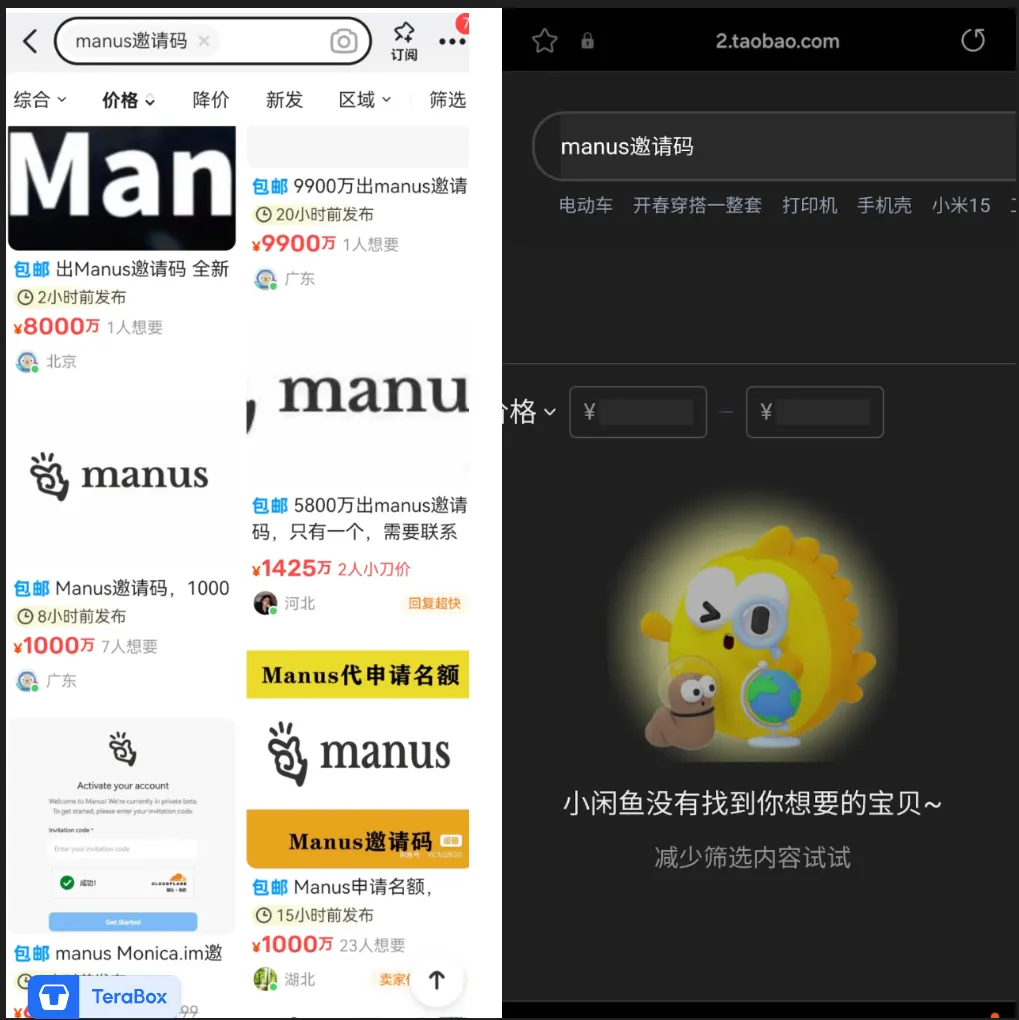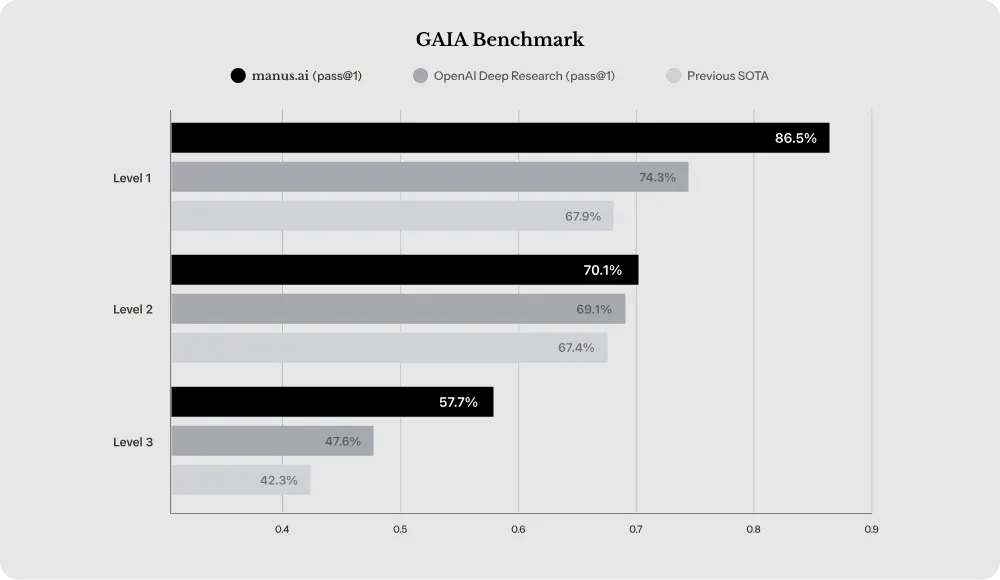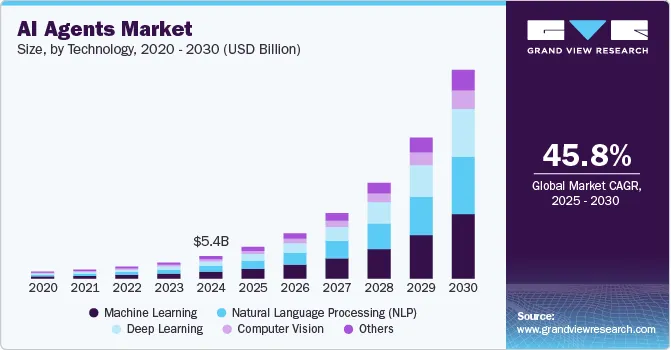A new AI agent platform from China called Manus is rapidly becoming a darling among tech enthusiasts and, if the hype is to be believed, could be a credible rival to OpenAI's Deep Research and Operator agents.
Of course, whether the hype is true remains to be seen since access to the platform remains closely held and is available by invite only with some people supposedly paying astronomical sums of money to get an invitation.
And even among those who have apparently accessed the model, there’s debate about whether it’s as revolutionary as some users claim.
The agent-focused platform was launched earlier this month by startup Monica AI, which is reportedly headquartered in Beijing.
Manus bills itself as a “general AI agent” able to book trips, analyze stocks, create educational content, compare insurance policies and more.
The platform is designed to do tasks without the user having to configure APIs, or set up complex environments. It’s supposed to understand a prompt, go to the web, analyze what's on the screen, and execute tasks autonomously.
OpenAI charges $200 monthly for access to its advanced agents, which are supposedly comparable. Manus is currently free, though will charge a modest monthly fee once it fully rolls out.
Access scarcity—due to server load—has created a secondary market for invitation codes on Chinese marketplace Xianyu where prices for a beta account have allegedly reached 10 million yuan (over $1.3M).
That said, if such a link was on Xianyu it is no longer available and the transaction could have been designed to create FOMO, or fear of missing out.
As of now, mentions to codes for Manus have been banned from the app.

Manus has yet to respond to a request from Decrypt for comment.
Manus derives its name from the Latin word for "hand," positioning itself as a "universal hand" for users. The company claims it achieved state-of-the-art performance on the GAIA benchmark (a test that measures how good models are at agentic capabilities) across all difficulty levels, outperforming OpenAI's models and other agentic technologies by a wide margin.

Manus is Great—But It’s No DeepSeek 2
Some users have already tried the model and the reactions were mixed.
“It's absolutely insane. I feel like I just time travelled six months into the future,” Andrew Wilkinson, co-founder of technology holding company Tiny wrote after its first tests.
Others agree.
“Manus is the most impressive AI tool I've ever tried," AI researcher Victor Mustar wrote. "The agentic capabilities are mind-blowing, redefining what's possible."
And Deedy Das, an investor at Menlo Ventures, also hyped the model.
“This is the AI agent we were promised,” he tweeted, noting that it features “Deep Research+Operator+Computer Use+Lovable+Memory.”
That said, skepticism has been mounting since scammers created a crypto token with the same name, leading to Manus's X account being temporarily suspended.
"Manus AI didn't do anything except being too popular all of a sudden to the point where their name was used by the same-name cryptocurrency with high scam risk. That led to their X account being banned," app developer AlvinWeb3 wrote.
Indeed, a number of users claim that the platform is predominantly a marketing stunt: "Manus seems to have enlisted many Chinese AI influencers to praise it… Chinese netizens realized that this was a huge marketing scam, and Manus's reputation in China has been ruined," tweeted one user .
Others found Manus’ performance underwhelming. After giving the agent some complex tasks, users noticed it was slow, fell into loops, and sometimes failed at executing what was required.
“After giving Manus a spin I conclude it's a product devilishly optimized for influencers, which is why it exploded so much,” pseudonymous user Teortaxes tweeted last week. “Generating threadboy content, trip plans and such general interest stuff–yah. STEM assistance, coding–worse than googling. More LLM than agent.”
Others seemed disappointed by the fact that Manus AI relies on Claude and is not really an agent with a proprietary foundational model.
“We use Claude and different Qwen-finetunes,” Monica AI’s Jichao Yi admitted.
The company employs its own fine-tuned models and proprietary techniques, but its core services appear to rely primarily on those two models.
Open Source To The Rescue
Some users speculated that since Monica AI used third party models, it would be possible to come up with an open source alternative soon—and they were right.
For those unwilling to shell out $200 or wait for a Manus invitation, OpenManus, an open-source project created by contributors from the MetaGPT community may be a good option.
This free alternative allows users to run AI agents locally using any model they want.
"Compared to Manus, which requires an invitation code, OpenManus does not require any entry barrier, and users only need to clone the code and configure the LLM API to get started quickly," the model’s card on AI Share Net reads.
OpenManus has gained a lot of traction, with its GitHub repository amassing nearly 25,000 stars in just a few days. The project continues to develop, with plans for web-based access and optimized configurations.
AI agents are a rapidly growing market, valued at $5.4 billion in 2024 with projected annual growth of 45.8% through 2030 according to Grand View Research. These autonomous programs are being used in industries from healthcare to retail, streamlining processes previously requiring human intervention.

Though AI agents are a promising idea, they are not yet provably successful at executing truly complex tasks. OpenAI seems to be working on specialized agents that can fulfil these requirements—for $20,000 a month.
For now, the race to build your perfect AI helper boils down to three choices: pay up, wait in line, or build it yourself.
Edited by Sebastian Sinclair and Josh Quittner

